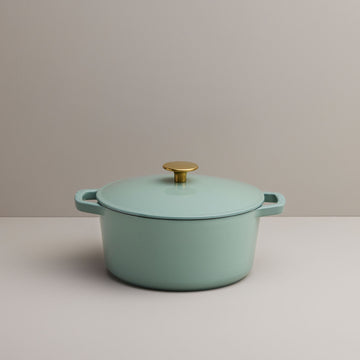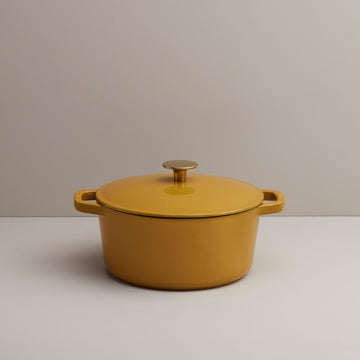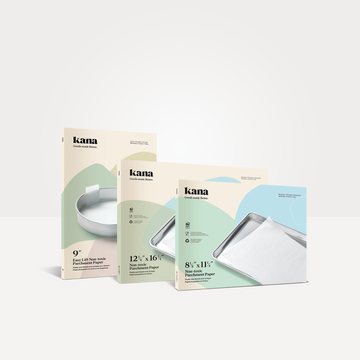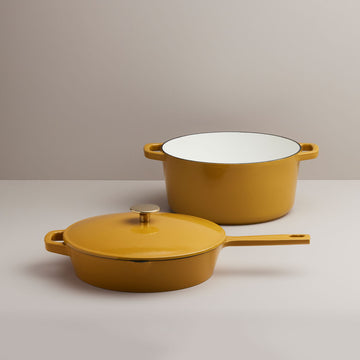Some of the things we use every day are recyclable, some are compostable, and some are biodegradable.
These words get thrown around pretty often, but it’s essential to take a closer look at what they mean and why their differences matter. Shall we?

Recyclable, compostable, biodegradable: what's the difference?
AUTHOR
Kana
Having a good handle on what’s recyclable, compostable, and biodegradable is just one way you can set yourself up to make decisions that are good for you and the planet.
A Close Look at Recycling
On the most fundamental level, recycling simply means processing a given material to be used again for new products. Glass, metal, and paper are the most well-known recyclables, but electronic waste and textiles can also be recycled.
In an ideal world, we could all have peace of mind knowing that whatever seemingly recyclable items we throw in the recycle bin will successfully see another day, but that’s not always the case. Cans and bottles are usually the most low-maintenance recyclables, but plastics are a different story. Many forms of recycling machinery, for instance, fail to properly process plastic bags as well as items like plastic utensils.
It’s wise to familiarize yourself with the appropriate recommendations and requirements in your municipality so that you can follow them closely. Considering that only about 9% of Canada’s plastic is recycled, exercising due diligence in this department is more important than ever.
Whether it’s e-waste, textile recycling, or even plastic bags, be sure to seek out specialized recycling resources that can handle the given material when curbside collection doesn’t fly.
In an ideal world, we could all have peace of mind knowing that whatever seemingly recyclable items we throw in the recycle bin will successfully see another day, but that’s not always the case. Cans and bottles are usually the most low-maintenance recyclables, but plastics are a different story. Many forms of recycling machinery, for instance, fail to properly process plastic bags as well as items like plastic utensils.
It’s wise to familiarize yourself with the appropriate recommendations and requirements in your municipality so that you can follow them closely. Considering that only about 9% of Canada’s plastic is recycled, exercising due diligence in this department is more important than ever.
Whether it’s e-waste, textile recycling, or even plastic bags, be sure to seek out specialized recycling resources that can handle the given material when curbside collection doesn’t fly.
What Makes Something Compostable?
When something is composted, it breaks down to produce a nutrient-rich soil conditioner or fertilizer. If a material can’t decompose into carbon dioxide, water, inorganic compounds, and biomass in 90 days, and without leaving behind toxic residue, it’s not compostable.
Not unlike recycling, composting takes discarded waste and turns it into something useful. In this case, food scraps and other organic material eventually become a versatile soil product with a number of useful applications. Compost is pretty handy in gardening, landscaping, horticulture, farming, erosion control and many other contexts.
Not only are there plenty of uses for compost, the list of things you can compost is stunningly long, with some that you’d likely never expect. When looking for compostable alternatives to common household items like cutlery, be sure that you can identify clear indications of its compostability, such as environmental certifications.
If your area doesn’t have an infrastructure that supports curbside compost collection, creating a compost pile in your own backyard is a fairly straightforward and highly rewarding process.
Not unlike recycling, composting takes discarded waste and turns it into something useful. In this case, food scraps and other organic material eventually become a versatile soil product with a number of useful applications. Compost is pretty handy in gardening, landscaping, horticulture, farming, erosion control and many other contexts.
Not only are there plenty of uses for compost, the list of things you can compost is stunningly long, with some that you’d likely never expect. When looking for compostable alternatives to common household items like cutlery, be sure that you can identify clear indications of its compostability, such as environmental certifications.
If your area doesn’t have an infrastructure that supports curbside compost collection, creating a compost pile in your own backyard is a fairly straightforward and highly rewarding process.
JOIN THE CLUB
Like this story?
You’ll love our newsletter!
You’ll love our newsletter!
Is Biodegradable the Same Thing?
A biodegradable material is one that can decompose through a naturally occurring process. This is where the confusion can happen. Technically, all compostable materials are biodegradable, but not all biodegradable materials are compostable.
This is because compostable materials only leave behind natural, beneficial nutrients for the soil that they decompose in. This process is a form of biodegradation. Meanwhile, there are quite a lot of materials that can be broken down through biodegradation but will still leave behind metals or other not-so-natural and not-so-beneficial components behind.
The most important takeaway from this difference is that many products can be marketed as biodegradable or compostable without necessarily being the best eco-friendly option. Unlike composting, biodegradation isn’t defined with a concrete timeline and can still leave behind toxic materials. Additionally, some compostable products require specific conditions to become compost, and in a landfill setting, biodegradation struggles to take place effectively.
The gist? Look closely at how products are certified for decomposition and don’t hesitate to dive into the wonderful world of composting!
Knowing how to deal with different types of household waste is a big part of creating a brighter future for our planet. While you use your knowledge to make more eco-conscious decisions at home, we’re using ours to provide beautifully crafted goods without putting a strain on the environment. Our pre-cut parchment paper and Swedish discloths are made in accordance with Certification EN 13432, making them both biodegradable and compostable!
This is because compostable materials only leave behind natural, beneficial nutrients for the soil that they decompose in. This process is a form of biodegradation. Meanwhile, there are quite a lot of materials that can be broken down through biodegradation but will still leave behind metals or other not-so-natural and not-so-beneficial components behind.
The most important takeaway from this difference is that many products can be marketed as biodegradable or compostable without necessarily being the best eco-friendly option. Unlike composting, biodegradation isn’t defined with a concrete timeline and can still leave behind toxic materials. Additionally, some compostable products require specific conditions to become compost, and in a landfill setting, biodegradation struggles to take place effectively.
The gist? Look closely at how products are certified for decomposition and don’t hesitate to dive into the wonderful world of composting!
Knowing how to deal with different types of household waste is a big part of creating a brighter future for our planet. While you use your knowledge to make more eco-conscious decisions at home, we’re using ours to provide beautifully crafted goods without putting a strain on the environment. Our pre-cut parchment paper and Swedish discloths are made in accordance with Certification EN 13432, making them both biodegradable and compostable!
Make something delicious
Keep exploring
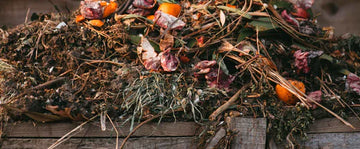
6 top tips on beginning your composting journey
Composting at home has become a great way to fertilize your garden while cutting down what goes into landfills. Here’s a quick guide and six tips to get you started on composting. It’s easier than you think.
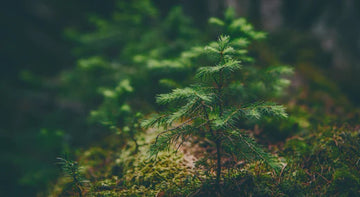
Kana Parchment Paper is PEFC-Certified - here's what that means
Supporting sustainable forestry is a powerful way we can all work to revitalize the Earth's forests after decades of destruction.
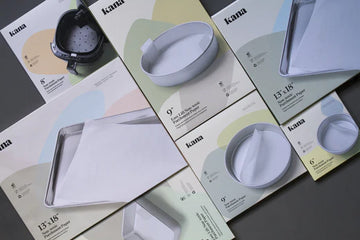
3 ways to a healthier kitchen with Parchment Paper
With its nonstick, heat-resistant and greaseproof surface, parchment paper is a must-have for cooks who crave a healthier kitchen.
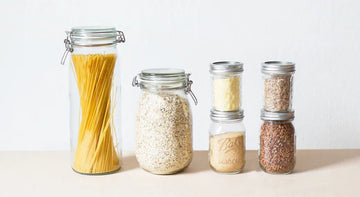
Essential items for your eco-friendly kitchen
The kitchen is a great place to start when moving toward a more eco-friendly home. Here are some kitchen essentials you can easily make eco-friendly swaps for today.
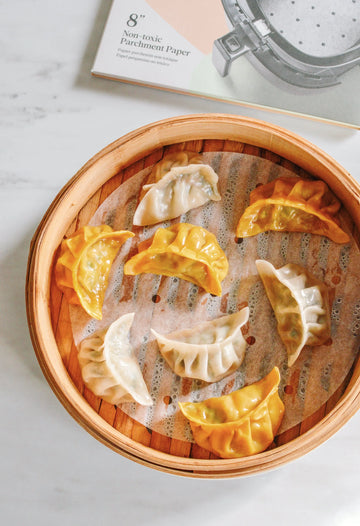
How to fold and steam homemade chinese dumplings
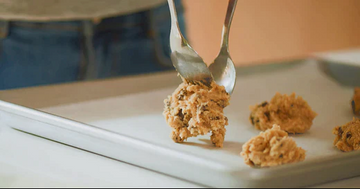
Parchment Paper versus Wax Paper: what’s the difference?
They’re both non-stick, greaseproof, and you can find them side-by-side on supermarket shelves. So when it comes down to it - what is the difference between parchment paper and wax paper?
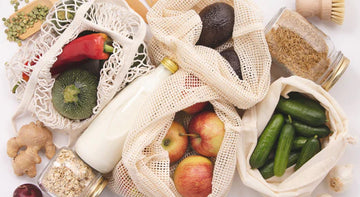
The problem of food waste (and what you can do about it)
There are few things quite as disappointing as seeing perfectly good food go to waste. Turns out it’s not just regrettable for food lovers, it’s a significant strain on the Earth, too.
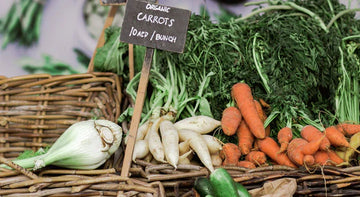
3 very good reasons to start shopping locally
When it comes to buying groceries and other goods from your local businesses, your dollar goes further than you think.
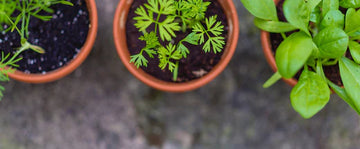
A guide to fresh home-grown herbs all year long
All the information you need to start growing a window box garden filled with fresh herbs for your favorite dishes.

6 top tips on beginning your composting journey
Composting at home has become a great way to fertilize your garden while cutting down what goes into landfills. Here’s a quick guide and six tips to get you started on composting. It’s easier than you think.
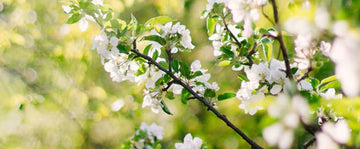
How to get your garden ready for spring
By April spring is in full swing and it’s the perfect time of year to start planning your garden. So while the April showers come down, get started with these simple steps that will help put a smile on your face as you watch your garden come together.

Kana Parchment Paper is PEFC-Certified - here's what that means
Supporting sustainable forestry is a powerful way we can all work to revitalize the Earth's forests after decades of destruction.
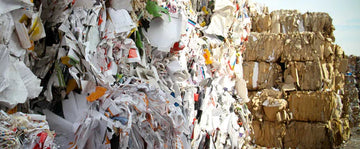
10 surprising things you can recycle
Every year tons of recyclables end up in landfills when they could have taken on a new life instead. Here’s a list of 10 things you may not have known were completely recyclable.
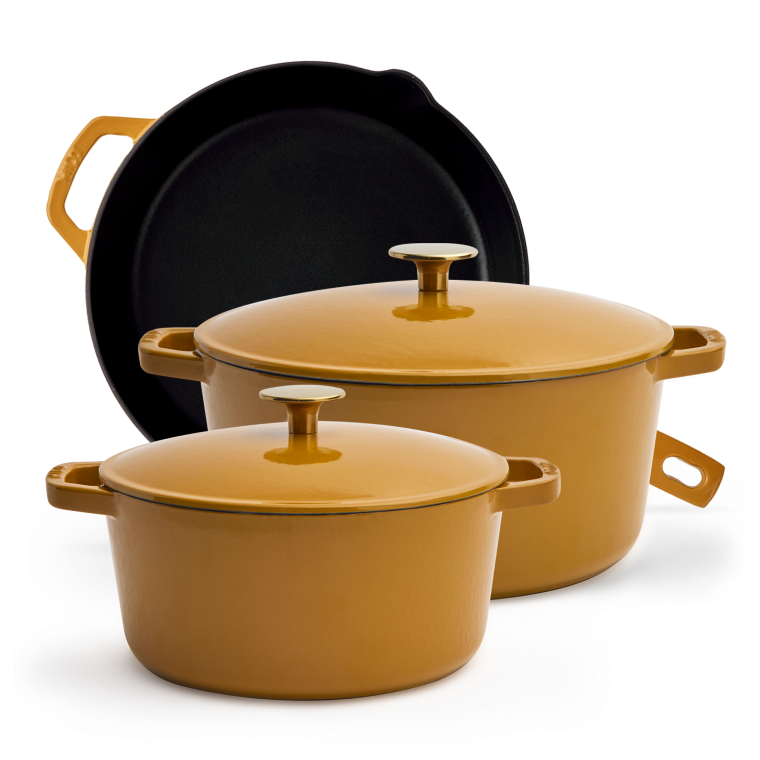
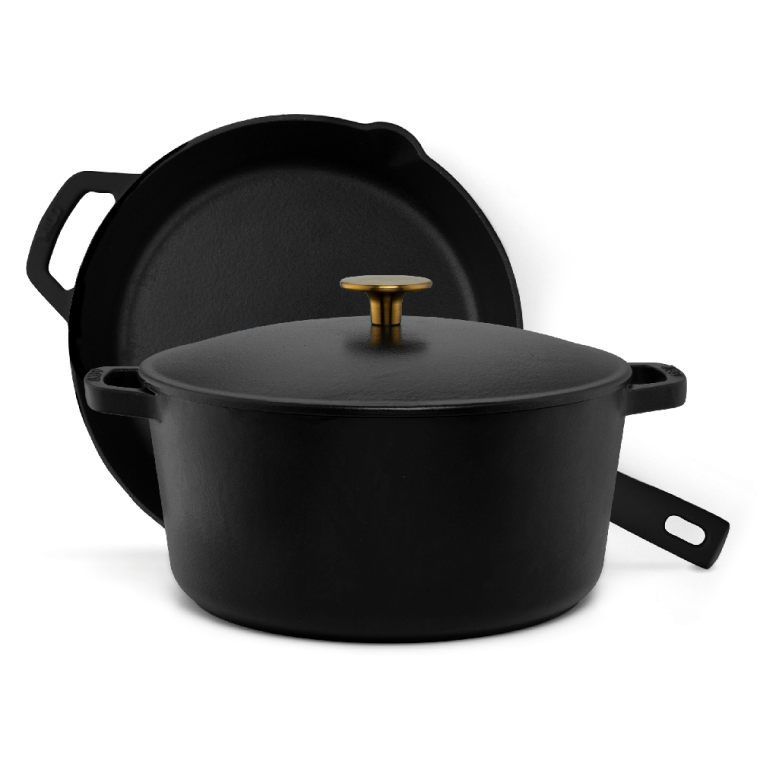
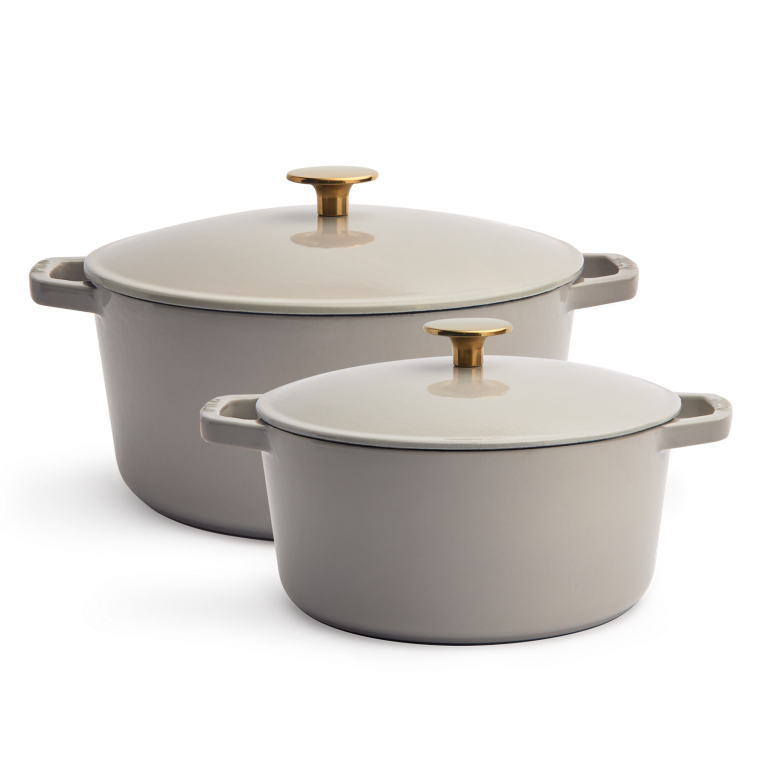

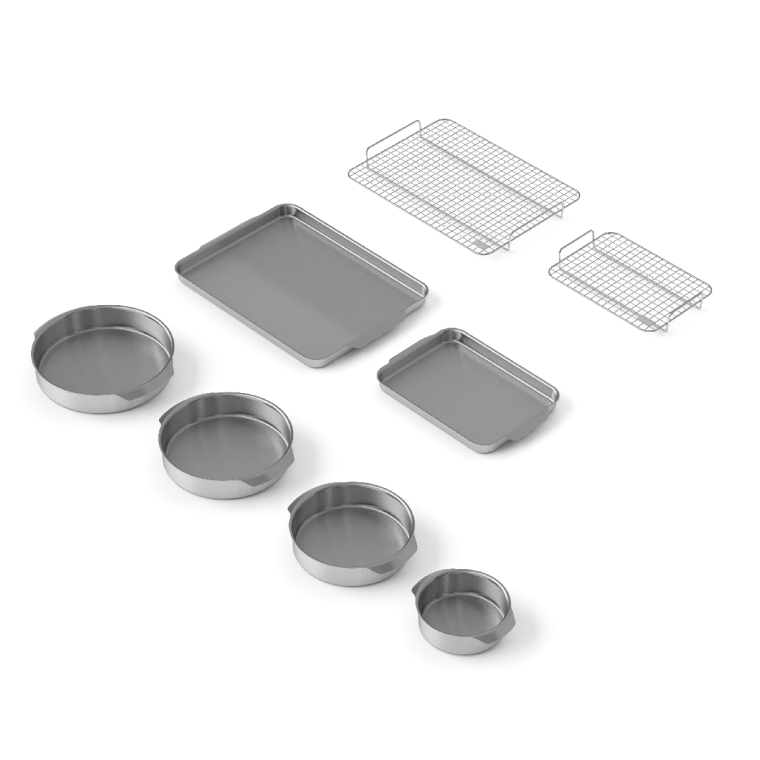
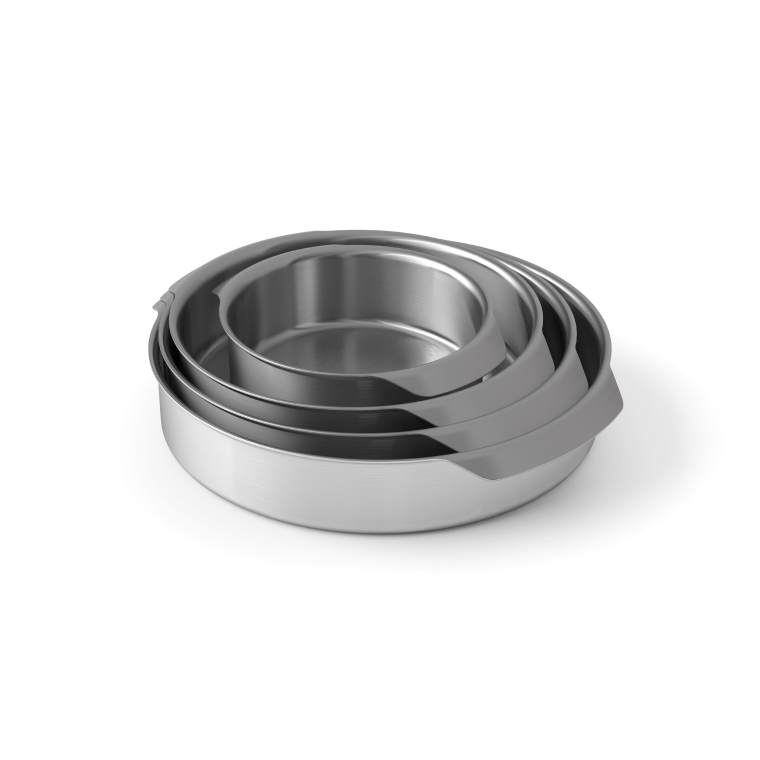
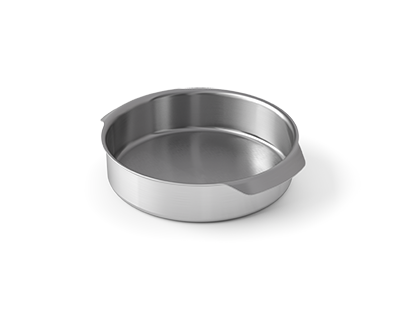

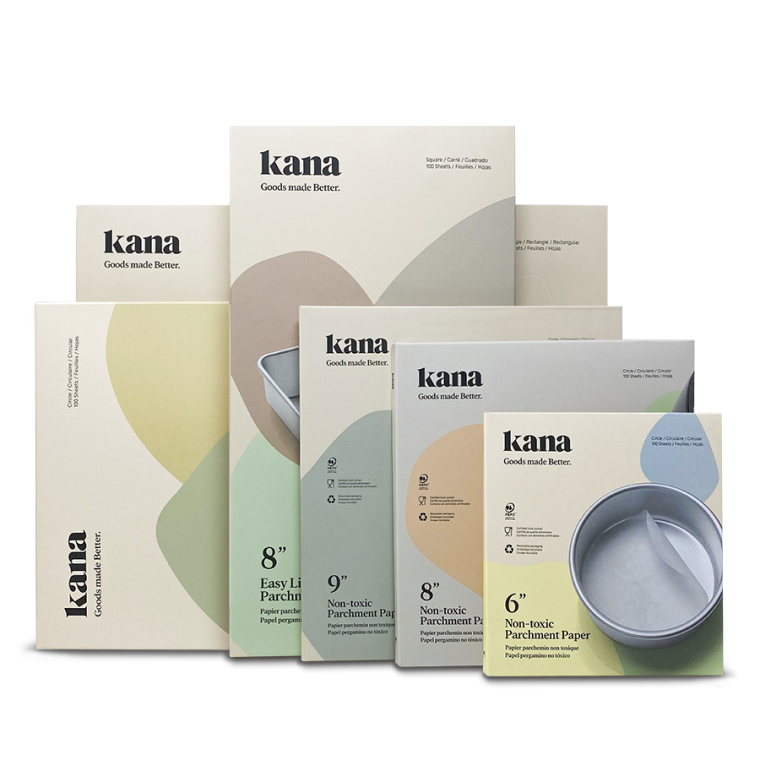






 Parchment paper
Parchment paper

